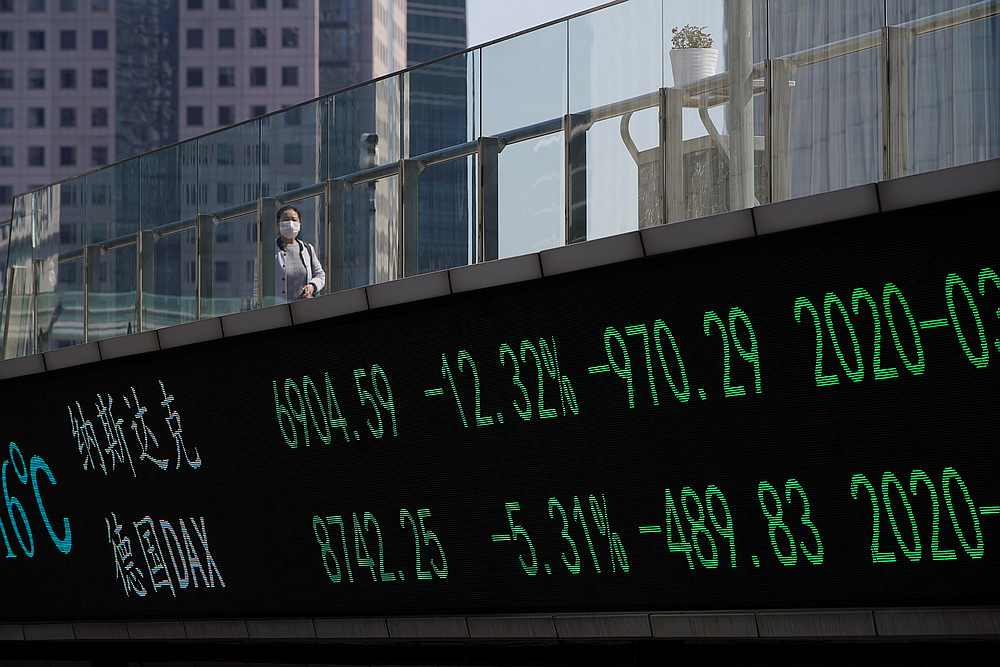SHANGHAI, Nov 5 — Shanghai and Hong Kong shares rose today, as the US election results showed a firming lead for Democratic challenger Joe Biden, who is seen as favouring a less confrontational approach than President Donald Trump in Sino-US relations.
Whatever the result of the election, ties between US and Chinese financial markets are only set to deepen, despite the trans-Pacific trade war and rocky diplomatic relations.
Financial markets, however, were braced for days or even weeks of uncertainty as Trump has opened a multi-pronged attack on vote counts in several states by pursuing lawsuits and a recount.
At the midday break, the Shanghai Composite index was up 0.88 per cent at 3,306.19 points and China’s blue-chip CSI300 index gained 1.16 per cent.
Hong Kong’s Hang Seng added 2.72 per cent and the Hang Seng China Enterprises Index jumped 3.03 per cent.
Sectors particularly sensitive to US-China tensions, such as suppliers to tech giant Apple, also gained on the day.
“The election is likely to reduce the tightening relationship between the US and China. That’s why you see the renminbi ... appreciating this morning, and also this would have a positive impact on China stocks,” said Patrick Yiu, managing director of CASH Asset Management in Hong Kong.
The yuan strengthened to its highest level against the dollar since July 2018 in early trade before trimming gains. It was quoted at 6.6504 per US dollar around midday.
“As long as we have a president, the stock market will celebrate,” a Shanghai-based brokerage manager said.
Hong Kong shares also received a lift after regulators abruptly suspended what was set to be the world’s largest stock market debut of Ant Financial Group.
The Hang Seng Tech Index took off in early trade, and was up 4.83 per cent at midday as investors made use of cash freed up by the aborted IPO attempt.
“Provided this is company specific, additional liquidity should make its way into other tech stocks, as Hong Kong will continue to experience inflows provided more companies issue secondary listings and IPOs,” said Carlos Casanova, senior Asia economist at Union Bancaire Privee in Hong Kong. — Reuters






















